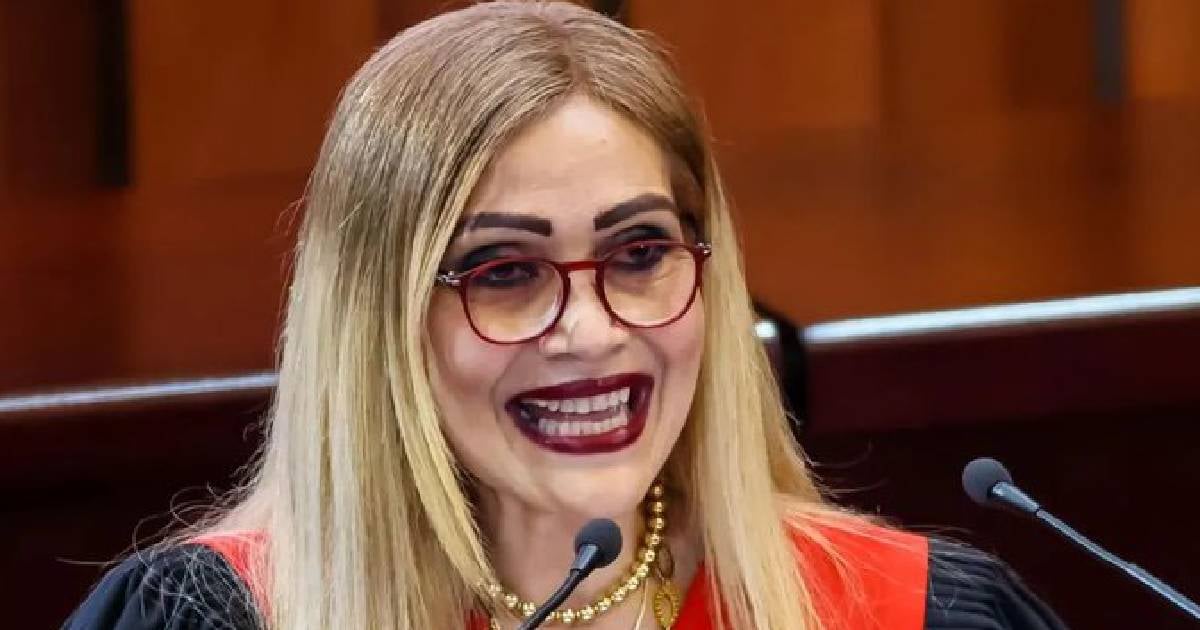Through the Office of Foreign Assets Control (OFAC) of the U.S. Department of the Treasury, the Biden Administration has issued sanctions against those involved in the fraudulent electoral victory claims in Venezuela, without providing sufficient evidence. "Today, the United States is taking decisive action against Nicolás Maduro and his representatives for their repression of the Venezuelan people and the denial of their right to a free and fair election," stated Deputy Secretary of the Treasury Wally Adeyemo.
The measure targets "key officials involved in Maduro's fraudulent and illegitimate victory claims and his brutal repression of freedom of expression following the elections, while the overwhelming majority of Venezuelans are calling for change," added the U.S. source.
"The Biden-Harris Administration will continue to use our tools to hold Maduro and his cronies accountable and support the democratic aspirations of the people," concluded Adeyemo.
The list includes 16 Venezuelan officials involved in the electoral fraud of July 28, headed by the President of the Supreme Court of Justice (TSJ), ally of the Chavista regime, Caryslia Rodríguez Rodríguez, as well as Prosecutor Luis Ernesto Dueñez Reyes, who signed the arrest warrant against former presidential candidate and Maduro's rival, Edmundo González.
Also listed are TSJ magistrates, including Vice President of the TSJ and member of the Electoral Chamber, Fanny Márquez Cordero, as well as judges, prosecutors, members of the National Electoral Council (CNE), members of the National Assembly, and the Bolivarian National Armed Forces (FANB) and Bolivarian National Guard (GNB), all aligned with Maduro's dictatorship and complicit in the fraud and subsequent repression of Venezuelans dissatisfied with the outcome.
Their names join others already sanctioned by the United States, starting with Nicolás Maduro (sanctioned since 2017), and high-ranking government and military officials, including First Vice President Delcy Rodríguez Gómez (since 2018), leader of the United Socialist Party of Venezuela (PSUV), Diosdado Cabello Rondón (since 2018), First Lady Cilia Flores de Maduro (since 2018), Attorney General Tarek William Saab (since 2017), and Defense Minister Vladimir Padrino López (since 2018), among others.
With this measure, all property and interests in property of the listed individuals that are in the United States or in the possession or control of U.S. persons are blocked and must be reported to OFAC. Additionally, all entities owned, directly or indirectly, individually or collectively, by 50 percent or more by one or more blocked persons are also blocked.
Furthermore, financial institutions and other persons engaging in certain transactions or activities with the sanctioned entities and individuals may face sanctions or be subject to enforcement actions.
Frequently Asked Questions about U.S. Sanctions on Venezuela
To help our readers better understand the implications of the recent U.S. sanctions on Venezuelan officials, we have compiled a list of frequently asked questions and their answers.
Why did the U.S. impose these sanctions on Venezuelan officials?
The U.S. imposed these sanctions to hold Nicolás Maduro and his representatives accountable for their fraudulent election claims and their repression of the Venezuelan people's right to a free and fair election.
Who are some of the key officials targeted by these sanctions?
The sanctions target 16 Venezuelan officials, including Caryslia Rodríguez Rodríguez, Luis Ernesto Dueñez Reyes, and Fanny Márquez Cordero, among others.
What happens to the assets of these sanctioned individuals?
All property and interests in property of the sanctioned individuals that are in the U.S. or in the possession or control of U.S. persons are blocked and must be reported to OFAC.
Can financial institutions still do business with these sanctioned individuals?
No, financial institutions and other persons engaging in certain transactions or activities with the sanctioned entities and individuals may face sanctions or enforcement actions.
